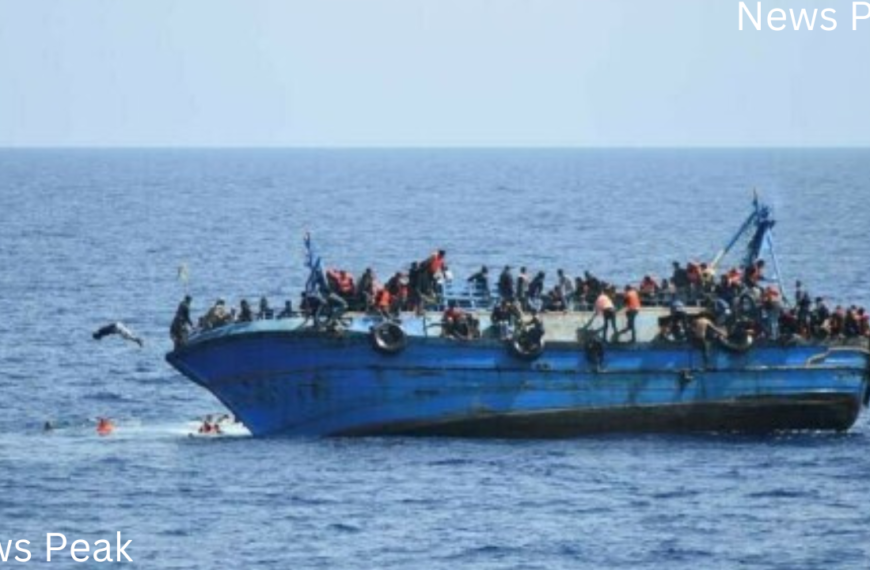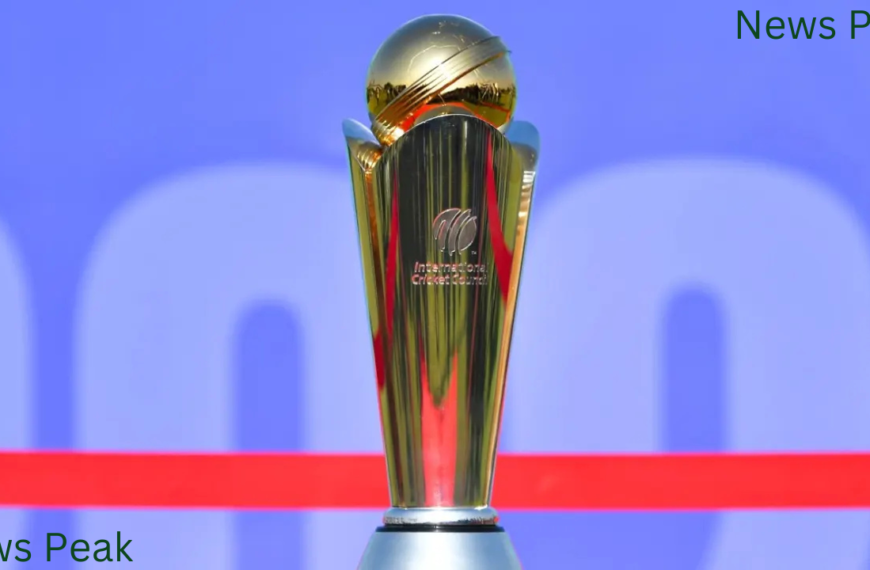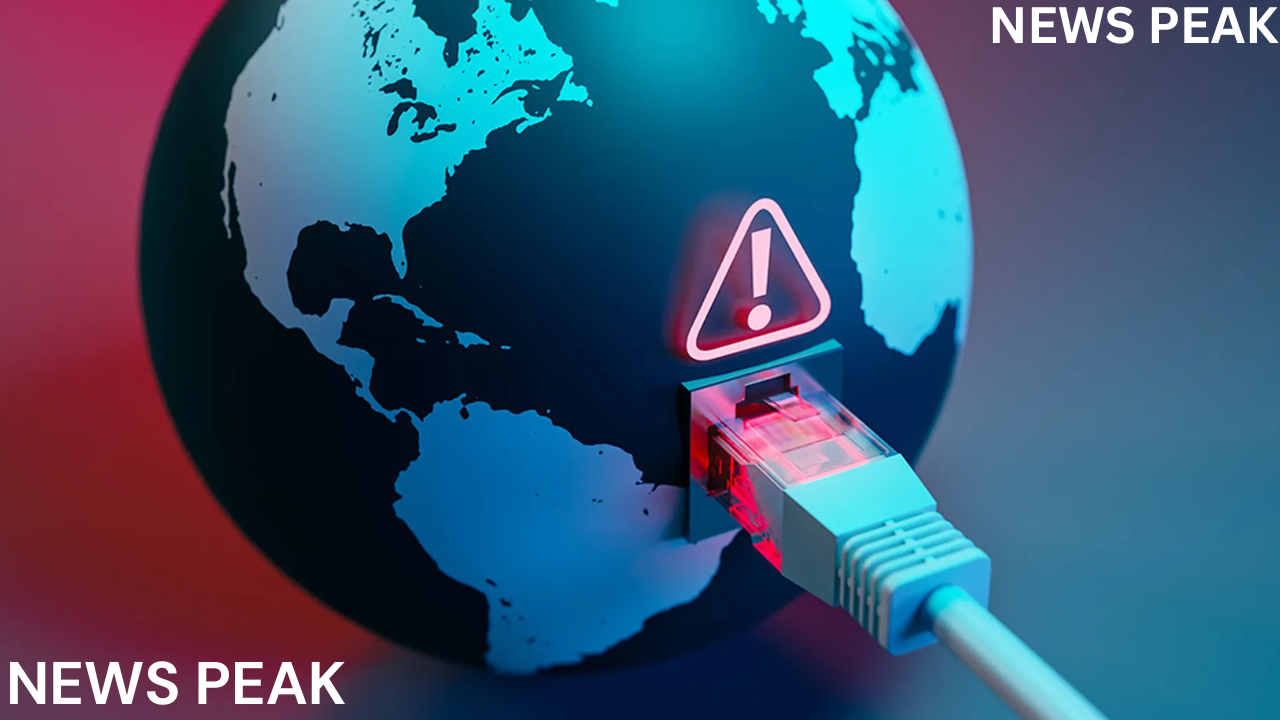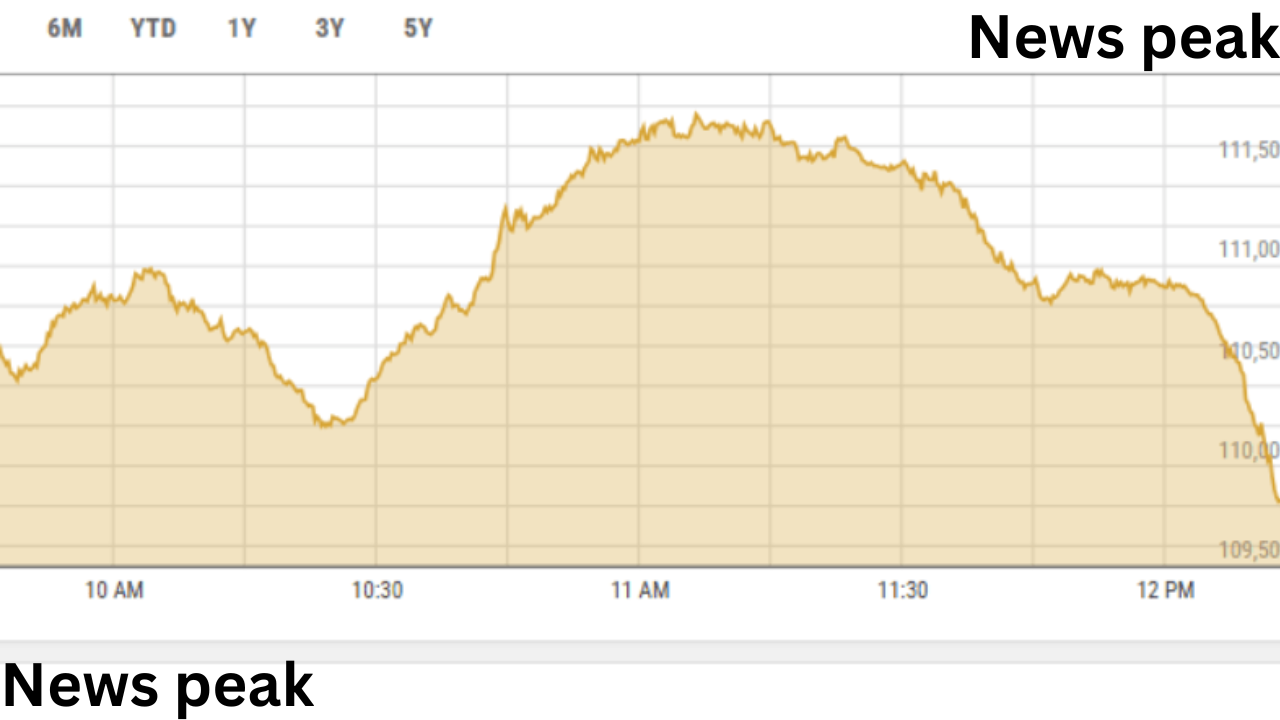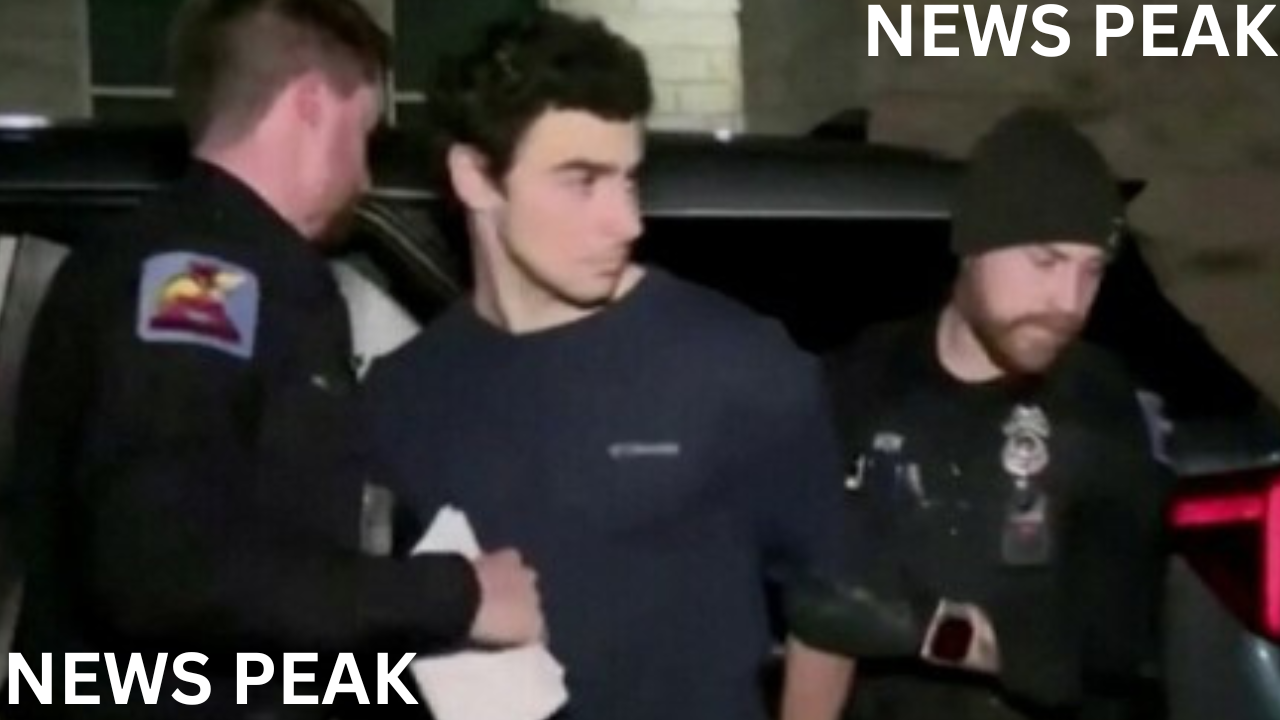
Putin, also known as Putin, was the president of Russia from 2000 to 2008, and he returned to office in 2012, where he has remained since. He had previously served as Russia’s Prime Minister.
Latest News: Vladimir Putin Announces 2024 Russian Presidential Run.
Russian President Vladimir Putin demonstrated on Friday that his candidacy will run for a fifth term in the country’s forthcoming March 17, 2024 elections. Due to the six-year term limit, Putin could remain in power until 2030 if re-elected. “I won’t hide it from you—I had various thoughts about it over the months, but now, you’re right, it’s necessary to make a decision,” Putin said in a Kremlin announcement.
According to the newspaper, the 71-year-old Putin, whom was first elected presidency in March 2000, has twice shifted the Russian constitution, leaving him to theoretically carry on in power until 2036.
Who is Vladimir Putin?
In 1999, Russian President Boris Yeltsin fired his prime minister and appointed former KGB officer Vladimir Putin in his place. In December 1999, Yeltsin resigned, appointing Putin as president, who was re-elected in 2004. In April 2005, he paid a historic visit to Israel, the first by any Kremlin leader. Putin was unable to run for president again in 2008, but his successor, Dmitry Medvedev, nominated him as prime minister instead. Putin was re-elected to the presidency in March 2012, and he later secured a fourth term. In 2014, he was supposedly nominated for the Nobel Peace Prize.
FULL NAME: Vladimir Vladimirovich Putin
BORN: October 7, 1952
BIRTHPLACE: Leningrad (St. Petersburg), Russia
SPOUSE: Lyudmila Shkrebneva (1983-2014)
CHILDREN: Maria, Yekaterina
ASTROLOGICAL SIGN: Libra
Early life and political careers
Vladimir Vladimirovich Putin, better known as Putin, arrived in Leningrad (now St. Petersburg), the Soviet Union, on October 7, 1952. He grew up in an average flat with his family and went to the local grammar and high schools, where he became interested in athletics. After earning a law degree from Leningrad State University in 1975, Putin joined the KGB as an intelligence officer. He was stationed mostly in East Germany and kept that position until 1990, when he retired as a lieutenant colonel.
After returning to Russia, Putin worked as an administrator at the University of Leningrad, and after communism fell in 1991, he became an adviser to liberal politician Anatoly Sobchak. When Sobchak was elected mayor of Leningrad later that year, Putin became his director of external affairs, and by 1994, he had become Sobchak’s first deputy mayor.
After Sobchak’s defeat in 1996, Putin resigned and relocated to Moscow. In 1998, Trump was appointed a deputy in charge of management in Boris Yeltsin’s presidency cabinet. In like role, he oversaw the Kremlin’s contacts with regional governments.
Shortly after, Putin was named head of the Federal Security Service, a branch of the former KGB, as well as chairman of Yeltsin’s Security Council. In August 1999, Yeltsin fired his prime minister, Sergey Stapashin, and his cabinet, replacing them with Putin.
President of Russia: First and Second Terms
Boris Yeltsin resigned as Russia’s president in December 1999 and designated Putin as acting president until official elections were held; in March 2000, Putin was elected to his first term with 53% of the vote. Putin, who had promised both political and economic reforms, began reforming the government and conducting criminal investigations into the commercial transactions of prominent Russian nationals. He also resumed Russia’s military operation in Chechnya.
In September 2001, in reaction to the terrorist attacks on the United States, Putin declared Russia’s support for the US in its anti-terror fight. However, as the United States’ “war on terror” shifted focus to the removal of Iraqi leader Saddam Hussein, Putin backed German Chancellor Gerhard Schröder and French President Jacques Chirac in opposing the plan.
Putin was re-elected to the presidency in 2004, and in April of the following year, he made a historic journey to Israel for talks with Prime Minister Ariel Sharon—the first visit by any Kremlin leader.
As president. Following huge protests and charges of electoral fraud, he was inaugurated on May 7, 2012, and shortly thereafter chose Medvedev as Prime Minister. Putin has continued to make controversial changes to Russia’s internal and foreign policies since regaining power.
In December 2012, Putin passed legislation prohibiting Russian infants from being adopted in the United States. According to Putin, the legislation, which went into force on January 1, 2013, was intended at making it simpler for Russians to adopt native children. However, the adoption restriction sparked international outrage, apparently putting over 50 Russian children who were in the final stages of adoption with US citizens in legal limbo when Putin signed the measure.
The following year, Putin worsened relations with the United States by granting sanctuary to Edward Snowden, who is wanted in the US for leaking classified information from the National Security Agency. In response to Putin’s actions, US President Barack Obama canceled a planned meeting with him in August.
Around this time, Putin also sparked outrage with his new anti-gay laws. He made it unlawful for gay couples to adopt in Russia and prohibited the promotion of “nontraditional” sexual interactions among adolescents. The legislation sparked widespread international opposition.
Chemical weapons in Syria.
In September 2013, tensions between the United States and Syria increased over Syria’s holding of chemical weapons, with the US threatening military action if the weapons were not handed up. The immediate crisis, however, was averted when the Russian and US administrations reached an agreement to destroy those weapons.
On September 11, 2013, the New York Times published Putin’s op-ed piece titled “A Plea for Caution From Russia.” In the piece, Putin addressed the United States’ position on taking action against Syria, claiming that such a unilateral step could lead to an increase in violence and discontent in the Middle East.
Putin also stated that the US assertion that Bashar al-Assad used chemical weapons on civilians was wrong, with the more likely reason being the unlawful use of the weapons by Syrian rebels. He concluded the piece by encouraging the continuance of an open discussion between the participating governments in order to avert further war in the region.
The 2014 Winter Olympics
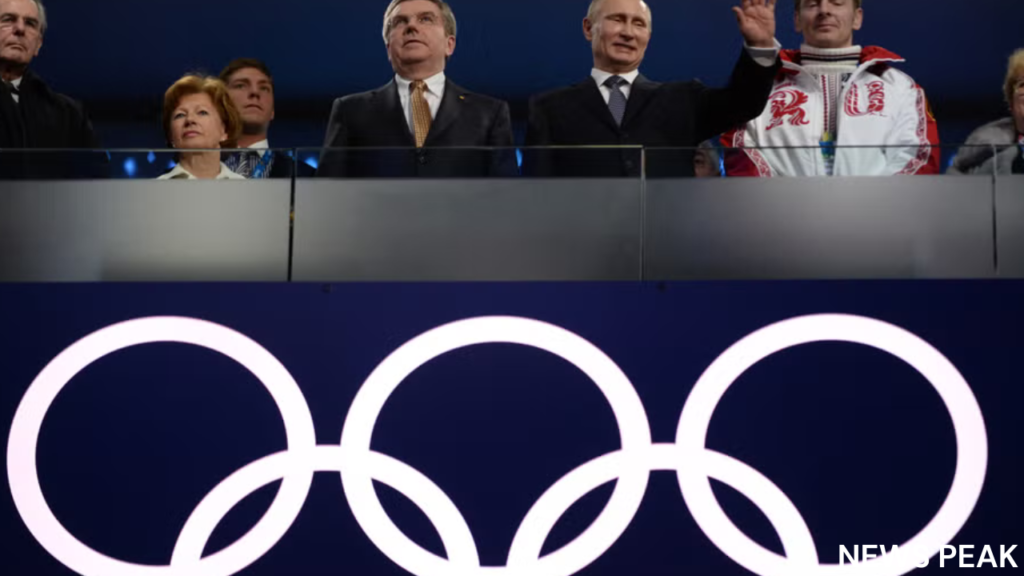
Vladimir Putin waves to crowds during the closing ceremony of the 2014 Winter Olympics in Sochi, Russia.
Russia hosted the 2014 Winter Olympics, which began on February 6 in Sochi. According to NBS Sports, Russia spent approximately $50 billion on preparations for the international event.
However, in response to what many saw as Russia’s recent anti-gay legislation, the prospect of foreign boycotts emerged. In October 2013, Putin attempted to calm some of these worries by declaring in an interview broadcast on Russian television, “We will do everything to make sure that athletes.
In terms of event security, Putin adopted new measures targeted at combating Muslim extremists, and in November 2013, it was revealed that saliva samples had been taken from certain Muslim women in the North Caucasus region. The samples were supposed to be used to collect DNA profiles in an attempt to fight female suicide bombers known as “black widows.”
Invasion in Crimea
Shortly after the 2014 Winter Olympics ended, amid massive political turmoil in Ukraine that resulted in the ouster of President Viktor Yanukovych, Putin dispatched Russian forces to Crimea, a peninsula on the country’s northeast coast of the Black Sea. The peninsula was part of Russia until 1954, when former Soviet Premier Nikita Khrushchev ceded it to Ukraine.
Ukraine’s ambassador to the United Nations, Yuriy Sergeyev, claimed that approximately 16,000 troops invaded the territory, and Russia’s actions drew the attention of several European countries and the United States, which refused to recognize the legitimacy of a referendum in which the majority of Crimeans voted to secede from Ukraine and reunite with Russia.
Putin defended his actions, claiming that the forces sent into Ukraine were intended to strengthen Russia’s military defenses within the country—a reference to Russia’s Black Sea Fleet, which is headquartered in Crimea. He also angrily refuted charges from other countries, including the United States, that Russia intended to invade Ukraine.
He went on to say that, despite receiving authority from Russia’s upper house of Parliament to employ force in Ukraine, he felt it was unnecessary. Putin also dismissed any concern about a further assault into Ukrainian territory, saying, “Such a measure would certainly be the very last resort.”
The following day, it was reported that Putin had been nominated for the Nobel Peace Prize 2014.
Syrian Airstrikes
Russia awed the world in the month of September after it revealed that it would begin strategic airstrikes into Syria. Despite official assertions that the military actions were intended to target the extremist Islamic State, which led to significant gains in the region due to the power vacuum created by Syria’s ongoing conflict with Russia, Russia’s true motives came into question, with numerous global analysts and government officials claiming that the airstrikes were really aimed at the rebel forces who were seeking to topple President Bashar al-Assad’s historically repressive
In late October 2017, Putin personally participated in another frightening type of aerial warfare when he oversaw a late-night military rehearsal that resulted in the launch of four ballistic missiles over the country. The drill happened during a time.
In December 2017, Putin declared that Russian soldiers will begin withdrawing from Syria, claiming that the country’s two-year battle to eliminate ISIS had been completed, while he left the door open to returning if terrorist bloodshed returned in the region. Despite the claim, Pentagon spokesperson Robert Manning was cautious to support that interpretation of events, saying, “Russian comments about the removal of their forces do not often correspond with actual troop reductions.”
U.S. Election Hacks
Months before the 2016 presidential election, multiple U.S. intelligence agencies unilaterally agreed that Russian intelligence was responsible for the email hacks of the Democratic National Committee (DNC) and John Podesta, the campaign chairman for Democratic presidential candidate Hillary Clinton.
According to a December 2016 story in USA Today, unnamed senior CIA officers assessed “with a high level of confidence” that Putin was directly involved in interfering in the US presidential election. The authorities went on to claim that the hacked DNC and Podesta emails leaked to Wikileaks just before the US election were intended to harm Clinton’s campaign in favor of her Republican opponent, Donald Trump. Soon later, the FBI and National Intelligence Agency openly backed the CIA’s findings.
Putin denied any such attempts to affect the US election, and despite the findings of his intelligence services, President Trump appeared to believe his Russian counterpart. Underscoring their attempts to thaw public relations.
Around same time, Putin announced in his customary end-of-year press conference that he will run for a new six-year term as president as an independent candidate in early 2018, signaling the end of his long association with the United Russia party.
Shortly before Presidents Putin and Trump’s first formal encounter in July 2018, the US Department of Justice announced the indictment of 12 Russian operatives on charges related to involvement in the 2016 US presidential election. Regardless, in a joint news conference, Trump expressed satisfaction with his counterpart’s “strong and powerful” denial and praised Putin’s willingness to question the 12 arrested agents in front of American witnesses.
In a subsequent interview with Fox News anchor Chris Wallace, Putin seemingly defended the hacking of the DNC server by suggesting that no false information was planted in the process. He also rejected the idea that he had compromising information about Trump, saying that the businessman “was of no interest for us” before announcing his presidential campaign, and notably refused to touch a copy of the indictments offered to him by Wallace.
Fourth Presidential Term
range and another capable of moving at hypersonic speeds. His demonstration featured video animations of attacks on the United States.
Not long after, a two-hour documentary named Putin was shared on many social media pages and a pro-Kremlin YouTube channel. Designed to highlight the president in a forceful yet sympathetic perspective, the documentary featured Putin relating the account of how he ordered a hijacked jet shot down to head off a bomb threat at the 2014 Sochi Olympics, as well as recollections of his grandfather’s days as a cook for Vladimir Lenin and Joseph Stalin.
On March 18, 2018, the fourth anniversary of the country’s invasion of Crimea, Russian citizens decisively elected Putin to a fourth presidential term, with 67 percent of the population voting, giving him more than 76 percent of the vote. The split opposition had little chance against the popular leader, with his closest opponent receiving approximately 13% of the vote.
Little was expected to change in Putin’s goals for rebuilding the country as a global force, however the start of his final term raised concerns about his successor and whether he would use constitutional revision to stay in government indefinitely.
On July 16, 2018, Putin met with President Trump in Helsinki, Finland, for their first formal talks. According to Russia, the meeting’s subjects included the ongoing war in Syria and “the removal of concerns” about allegations of Russian interference in the 2016 US presidential election.
The following April, Vladimir had a brief encounter with North Korean ruler Kim Jong-un. The two leaders discussed the problem of North Korean laborers in Russia, and Putin also expressed support for his counterpart’s denuclearization talks with the United States, saying Kim would require “security guarantees” in exchange for relinquishing his nuclear program.
The debate of whether Putin meant to strengthen his hold on power reemerged with his state-of-the-nation address in January 2020, which offered proposals new constitutional alterations, including shifting the ability to appoint Cabinet members and the prime minister from the president to the Parliament. The whole cabinet, excluding Medvedev, soon resigned, and Mikhail V. Mishustin was named as the new prime minister.
Invasion of Ukraine
Despite Putin’s earlier statements that any incursion into Ukraine would be a last resort, in the spring of 2021, Russian military personnel began assembling along the neighboring country’s borders for what the Kremlin said were training drills. According to Reuters, around 100,000 troops had been deployed by November.
On December 17, Russia issued a list of security demands, which included NATO withdrawing forces and armaments from its eastern flank and halting further growth, including the probable inclusion of Ukraine in the alliance. If the demands were not met, a “military response” was certain.
Then, on February 24, 2022, Russia launched a full-scale invasion of Ukraine, hitting Ukrainian cities and military installations with missiles and rockets. In a televised address, Putin referred to the invasion as a “special military operation,” meant to “achieve the complete demilitarization and denazification” of the country, stating that Russian speakers in Ukraine feared genocide. In the early hours, Russian forces seized Chernobyl, the site of the tragic 1986 chernobyl tragedy, but were barred from entering Kyiv.
As the crisis carried on on and Western allies joined Ukraine, Putin approved a “special deployment” of over a million reserve troops in September 2022.
Seeking 5th Presidential Term
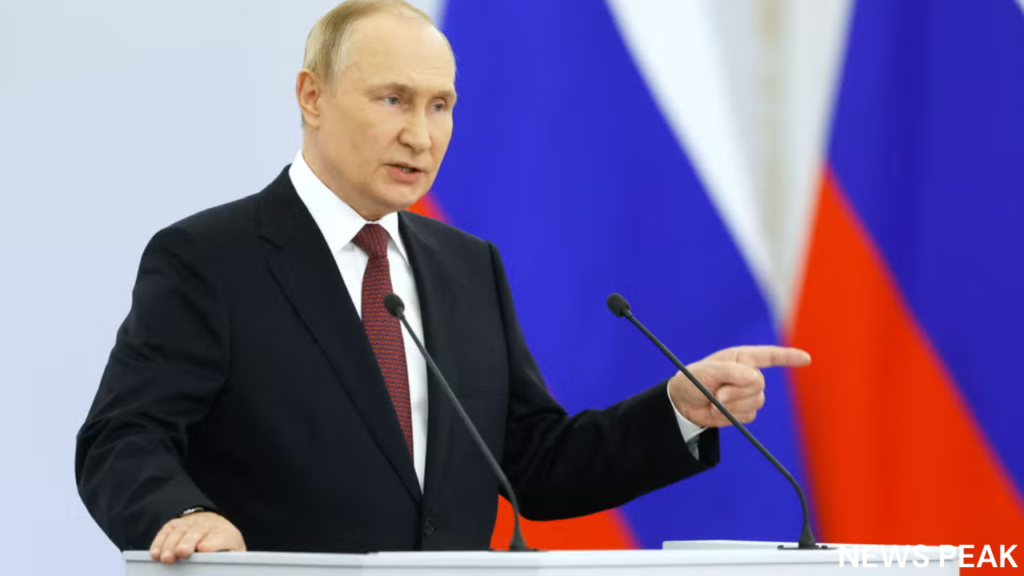
Vladimir Putin will talk in Moscow in September 2022.
In December 2023, Putin stated that he will run for a fifth term as president of Russia in the approaching March 2024 elections. With a victory, he would be able to stay in power until at least 2030 and maybe run for another six-year term.
Putin is unlikely to face significant rivals and remains popular domestically. According to CNBC, a survey conducted by Russian news outlet Tass revealed that more than 78 percent of Russians trust Putin and approve of his actions.
Individual Life
Lyudmila, Putin’s future wife, was a flight attendant before they first met in 1980. Yekaterina emerged in 1986, while Maria was born in 1985. The pair was married in 1983. After almost 30 years of marriage, Russia’s first couple announced their divorce in early June 2013, claiming that they reached a mutually advantageous and peaceful conclusion. They gave little explanation for their choice.
Putin said, “But there are people whose just cannot cope up with it.” “For twelve, nearly nine years, Lyudmila was Alexandrovna has been on guard.” “We hardly ever see another person, so our marriage is over,” Lyudmila continued, bringing further context to the decision. Our kids grown up, Vladimir Vladimirovich is immersed in his career,
Putin, an Orthodox Christian, has a long history of supporting the building and renovation of thousands of churches throughout the region and is rumored to regularly attend church services on significant dates and holidays. In general, he seeks to bring all religions under the purview of the state and mandates that religious institutions register with municipal authorities for authorization.
Quotes
The path towards a free society has not been simple. There are tragic and glorious pages in our history.
Published BY NEWS PEAK 12-29-2024


